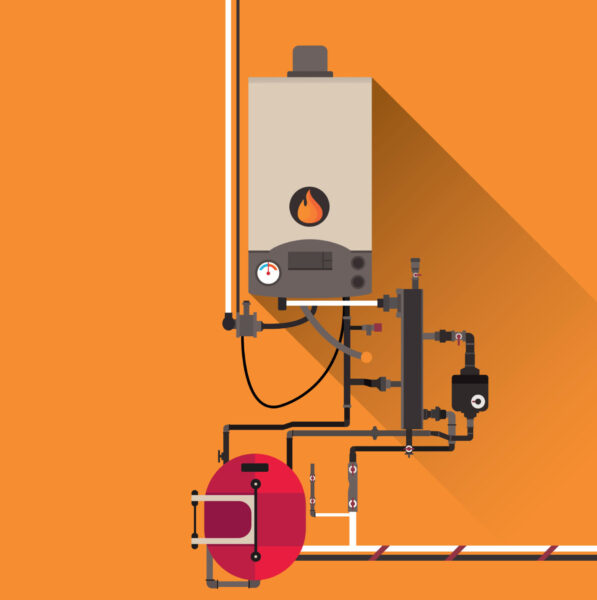Property valuation is a critical step in the buying and selling process in the UK. Whether you’re a homeowner looking to sell or a prospective buyer, understanding how property valuation works is essential for making informed decisions. In this comprehensive guide, we’ll take you through the property valuation process in the UK, explaining its significance and how it can impact your real estate transactions.
What is Property Valuation?
Property valuation is the process of determining the current market value of a property. It is an essential step in property transactions, as it helps both buyers and sellers establish a fair and realistic price for the property in question. A property’s valuation takes into account various factors, such as its location, size, condition, and the current state of the property market.
Why is Property Valuation Important?
Property valuation plays a crucial role in several aspects of the real estate market:
1. Setting the Right Price
For sellers, property valuation ensures that their property is priced correctly. Overpricing can deter potential buyers, while underpricing can result in financial losses. An accurate valuation helps sellers set a competitive yet fair asking price.
2. Informed Buying Decisions
Buyers rely on property valuations to assess the fairness of the asking price. It prevents them from overpaying for a property and ensures that they receive value for their investment.
3. Mortgage Lending
Lenders use property valuations to determine the maximum loan they are willing to offer to buyers. This is crucial for buyers who require a mortgage to purchase a property.
4. Property Taxation
Property valuations also impact property taxes. The council tax, stamp duty, and inheritance tax are calculated based on the property’s value.
How Property Valuation Works
Property valuation can be carried out by professionals, such as chartered surveyors or appraisers, and it typically involves the following steps:
1. Property Inspection
A valuer will visit the property and assess its condition, size, location, and features. They will note any improvements, repairs, or other factors that can affect the property’s value.
2. Comparables (Comps)
Valuers use comparable properties, also known as “comps,” that have recently sold in the area to help determine the property’s value. They assess the similarities and differences between these properties and the one being valued.
3. Market Conditions
The valuer considers the current state of the property market, including supply and demand in the area, economic conditions, and other market factors that can influence property values.
4. Property Value Calculation
Using the information gathered, the valuer calculates the property’s value and provides a valuation report. This report includes an estimated market value and any relevant notes or comments.
Factors Influencing Property Valuation
Several factors can influence a property’s valuation, including:
- Location: Proximity to amenities, schools, transport, and desirable neighbourhoods can impact value.
- Property Size and Layout: The size and layout of the property are significant factors.
- Condition: The property’s condition, including any necessary repairs or renovations, affects its value.
- Local Market Trends: The state of the local property market can influence valuations.
Conclusion
Property valuation is a vital part of the real estate process in the UK. It ensures that buyers and sellers set fair prices, helps lenders assess risk, and determines property taxes. Understanding how property valuation works and the factors that influence it can make you a more informed and savvy participant in the UK property market, whether you’re buying or selling real estate. Collaborating with professionals and seeking expert advice is key to achieving accurate and beneficial property valuations.












